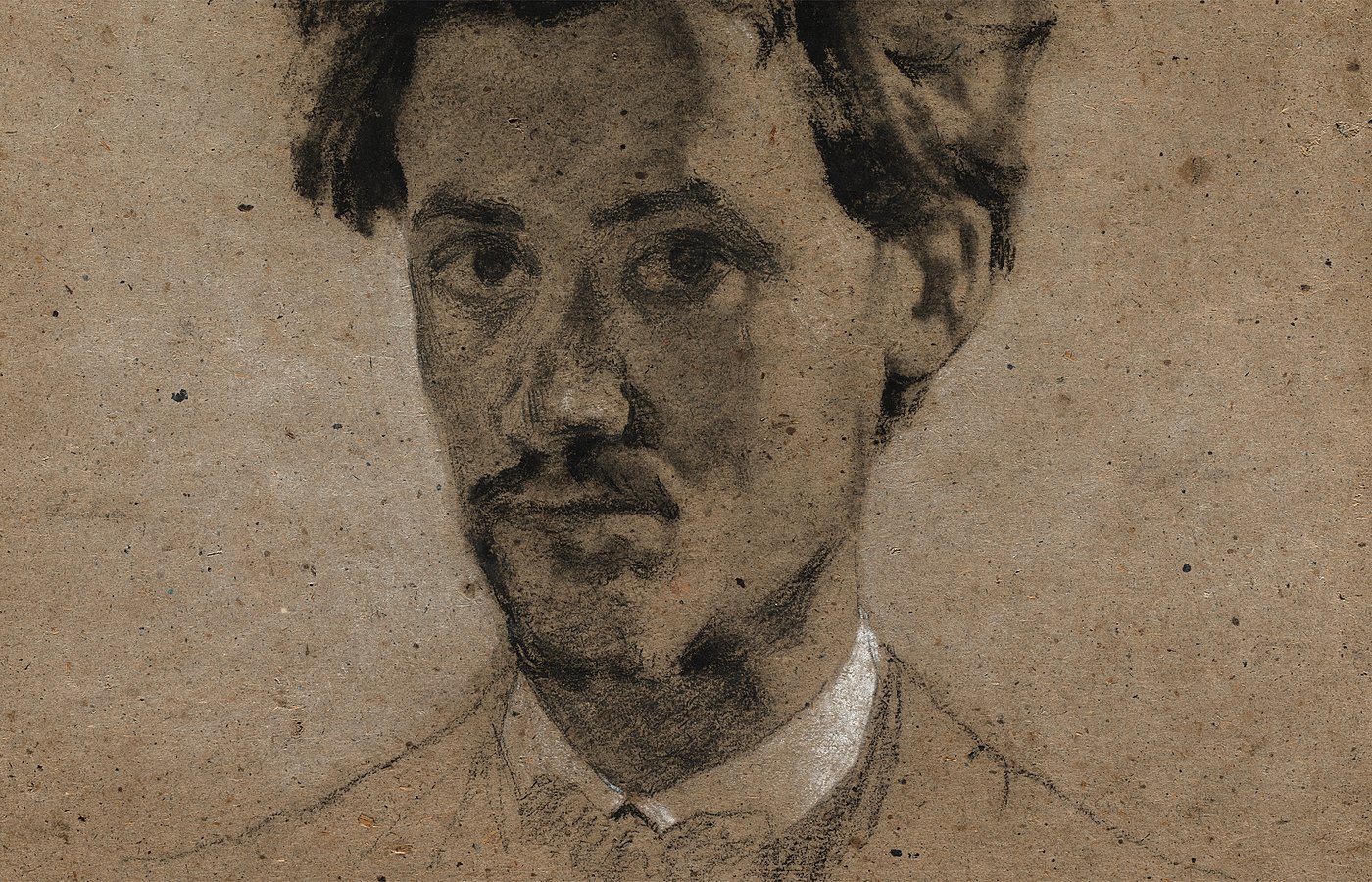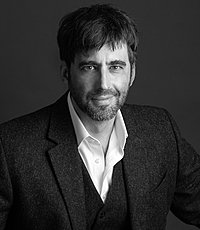'Eternal life belongs to those who live in the present, because nothing comes to an end when you die.'
The historian of ideas, Isaiah Berlin, once said of the famous Scottish philosopher, David Hume: 'No man has influenced the history of philosophy to a deeper or more disturbing degree.' Perhaps the most disturbing chapter in Hume’s work is the discussion of the self in Book I of his Treatise of Human Nature. The idea of 'the self' or 'soul' as an enduring subject of experience seems very natural, indeed almost inevitable. Hume, however, argues that it is a mistake; and he gives a novel account of what it means for you or me to exist at any one time or across different times. In his lecture, Dr Ahmed assesses Hume's central argument and discusses whether it sheds any light on related questions concerning responsibility, the morality of life and death, and the nature and rationality of 'self-interest.'
Suggested reading:
David Hume, Treatise of Human Nature, Book I, Part 4, section 6
Daniel Dennett, 'The Self as a Center of Narrative Gravity', in Kessel, F. S. et al. (ed.) Self and Consciousness: Multiple Perspectives
John Locke, Essay Concerning Human Understanding, Book II, ch. xxvii
This lecture and discussion were recorded with a live online audience on May 19th, 2022.
Authors, Ideas, and Works Mentioned in this Episode
David Hume, ‘A Treatise of Human Nature,’ Book 1, Part 4, Section 6
Empiricist tradition: Aristotle, Roger Bacon, Francis Bacon, Thomas Hobbes, John Locke, George Berkeley, David Hume, John Stuart Mill, Bertrand Russell, A. J. Ayer
Humean causality
Descartes and the Cartesian cogito
Milinda Pañha, simile of the chariot
Commissurotomy, split-brain experiments of Roger Sperry and Michael Gazzaniga
Derek Parfit, ‘Reasons and Persons’
Julian Jaynes, ‘The Origin of Consciousness in the Breakdown of the Bicameral Mind’
Ludwig Wittgenstein, ‘Tractatus Logico-Philosophicus’
Immanuel Kant, ‘Critique of Pure Reason’
Extended mind thesis
Daniel Dennett, 'The Self as a Center of Narrative Gravity', in Kessel, F. S. et al. (ed.) Self and Consciousness: Multiple Perspectives
Alfred North Whitehead
Carl Gustav Jung
Links of Possible Interest:
Dr Arif Ahmed profile at Cambridge
https://www.phil.cam.ac.uk/people/teaching-research-pages/ahmed
Dr Stephen Blackwood
https://www.stephenjblackwood.com
Video Timeline
- 0:00 – Introduction
- 5:07 – Ahmed’s lecture: an overview of moral and practical consequences of understanding selfhood
- 17:32 – Hume’s Empiricist background
- 22:21 – Hume’s reaction to Descartes’ certainty about the self
- 29:59 – Hume’s positive thesis: the self as a bundle of sensations
- 35:16 – Commissurotomy experiments, Jaynes, and other problems with the persistent self
- 41:00 – Hume’s conception of the self applied to our lives
- 48:41 – The gap between Hume’s views in private and in public
*Discussion*
- 53:46 – From whence do ethics arise for Hume?
- 56:09 – How far does the mind extend?
- 58:15 – How are bundles constructed according to Hume?
- 1:02:22 – Despite ‘Wittgenstein’s rope,’ don’t we still have a sense of the whole?
- 1:05:00 – Should we disregard Humean causality when we build societies?
- 1:08:26 – What can we say about the mind that attributes or opposes unifying realities?
- 1:12:46 – Consciousness in Hume; connection to Locke
- 1:18:52 – Importance of memory and language in self
- 1:22:05 – Was Hume hypocritical for not acting on his philosophical assumptions?
- 1:27:15 – Difference between humans and animals; understanding of death
- 1:33:00 – Relating Hume to Whitehead and Jung
- 1:37:50 – Hume on meditation and ‘always-on’ consciousness



